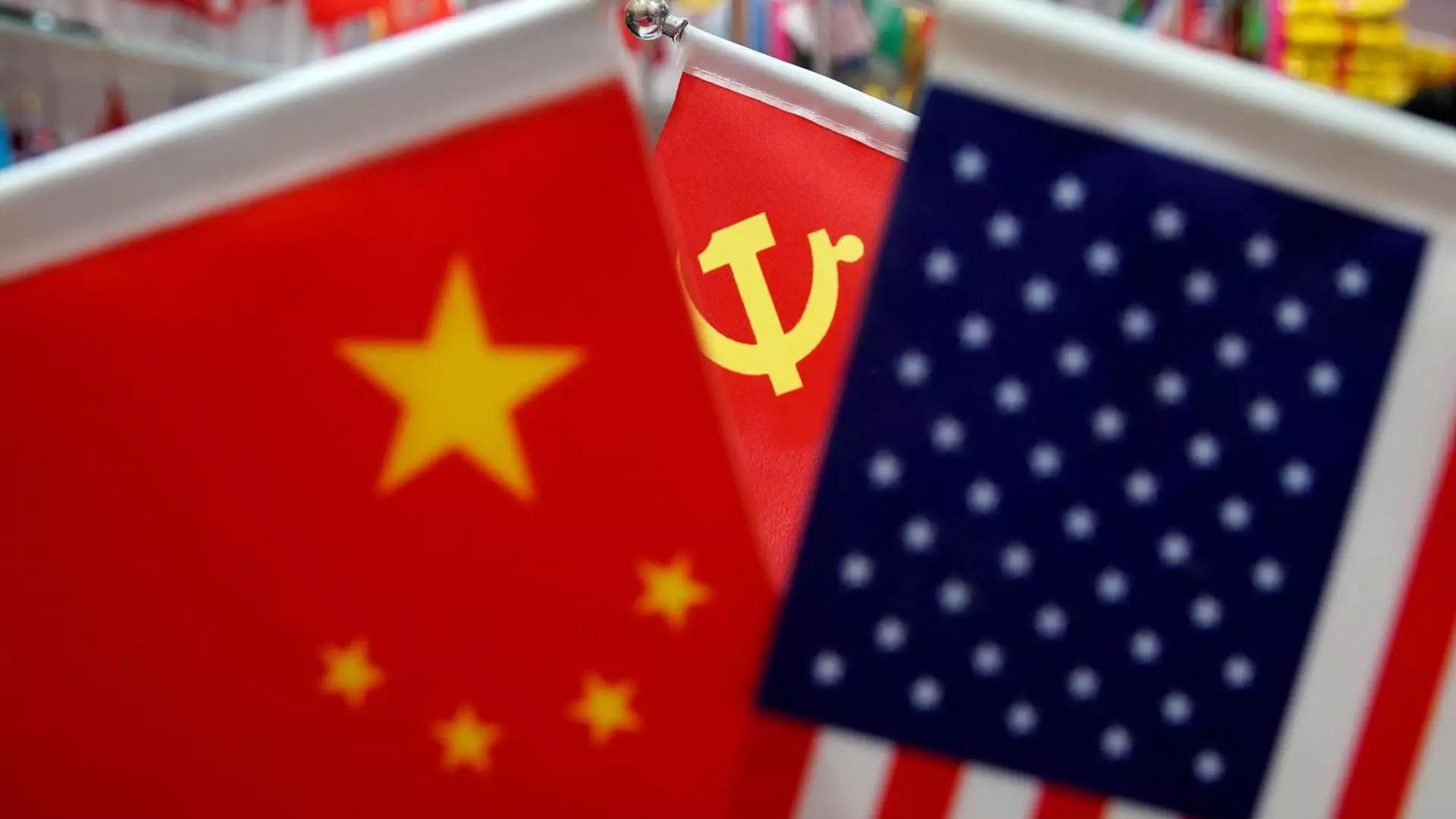In the wake of Donald Trump’s election as President of the United States, China’s Ministry of Commerce expressed a renewed willingness to engage in deeper collaboration with the U.S. This communication highlights the complexity of geopolitical dynamics and the critical nature of U.S.-China relations, which are pivotal for global economic stability. Spokesperson He Yongqian articulated a message focused on mutual respect, peaceful coexistence, and a commitment to win-win cooperation, emphasizing a proactive stance in the face of potential challenges arising from Trump’s policies.
Trump’s election has ignited concerns over the future of U.S.-China trade, particularly due to his previous administration’s aggressive tariff impositions. Analysts already speculate that within the first half of his term, more tariffs could be levied against Chinese imports, potentially utilizing the International Emergency Economic Powers Act as a means to expedite such measures. This precarious situation has led to heightened scrutiny of the economic relationship between the two nations, which, at times, feels like a balancing act on a tightrope of negotiation.
Yue Su, a principal economist, forecasts that Trump’s administration may maintain a hardline approach, reminiscent of strategies employed during his first term. The looming specter of increased tariffs threatens not just specific sectors but also the broader economic tapestry that binds both nations. The implications extend far beyond bilateral trade; they weave into the fabric of global markets, affecting international supply chains and economic partners across the globe.
Conversely, there exists a counter-narrative suggesting that the incoming administration may refrain from heavy-handed tariff action. David Chao, a Global Market Strategist at Invesco, offers a nuanced perspective, indicating that while triggers for tariffs exist, practical realities could lead to more diplomatic solutions. He underscores that the initial proposals, reflecting a potential worst-case scenario, are unlikely to materialize without negotiation and compromise. Instead of an outright escalation in trade tensions, which could distract from pressing economic objectives, Chao posits that a more calculated approach may prevail, where concessions could align both nations’ interests—such as bolstering American agricultural exports in exchange for favorable trade conditions.
Should a 10% tariff on American exports be deemed necessary, the cascading effects could reverberate throughout the global economy. As China’s economic framework is intricately tied to broader Asian markets, any significant trade barriers would not only stifle demand within China’s borders but could induce broader regional downturns. For multinational corporations, a stable trade environment is crucial; disruptions could breed uncertainty, undermining investment decisions across sectors.
The potential for negotiation, albeit fraught with complexity, could steer both nations toward a more constructive path. It’s vital for the incoming administration to recognize the overarching significance of U.S.-China relations. Navigating these discussions with diplomacy and pragmatism may ultimately help mitigate the risks posed by tariffs, leading to a more stable and sustained economic partnership. As the world watches, the next moves in this ongoing dialogue could very well set the tone for global economic relations in years to come.

